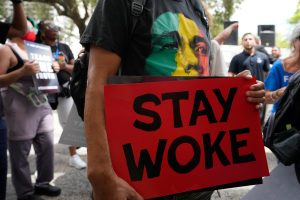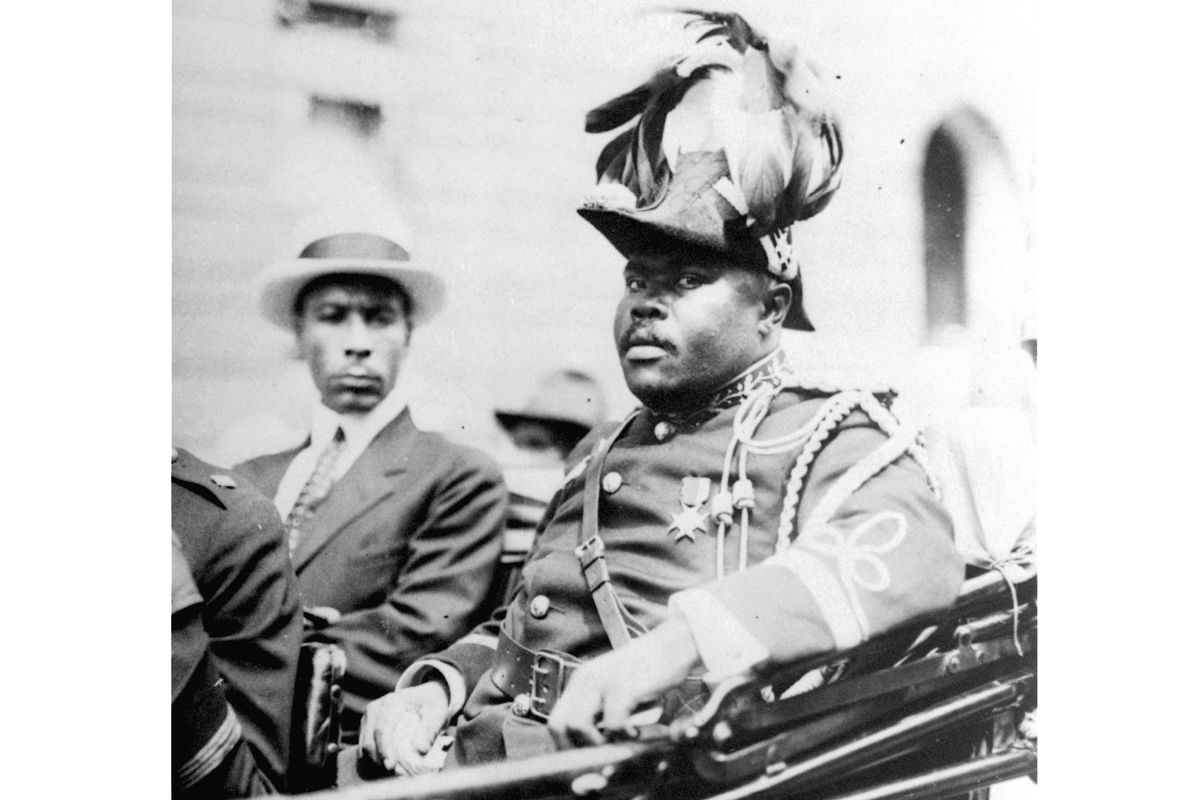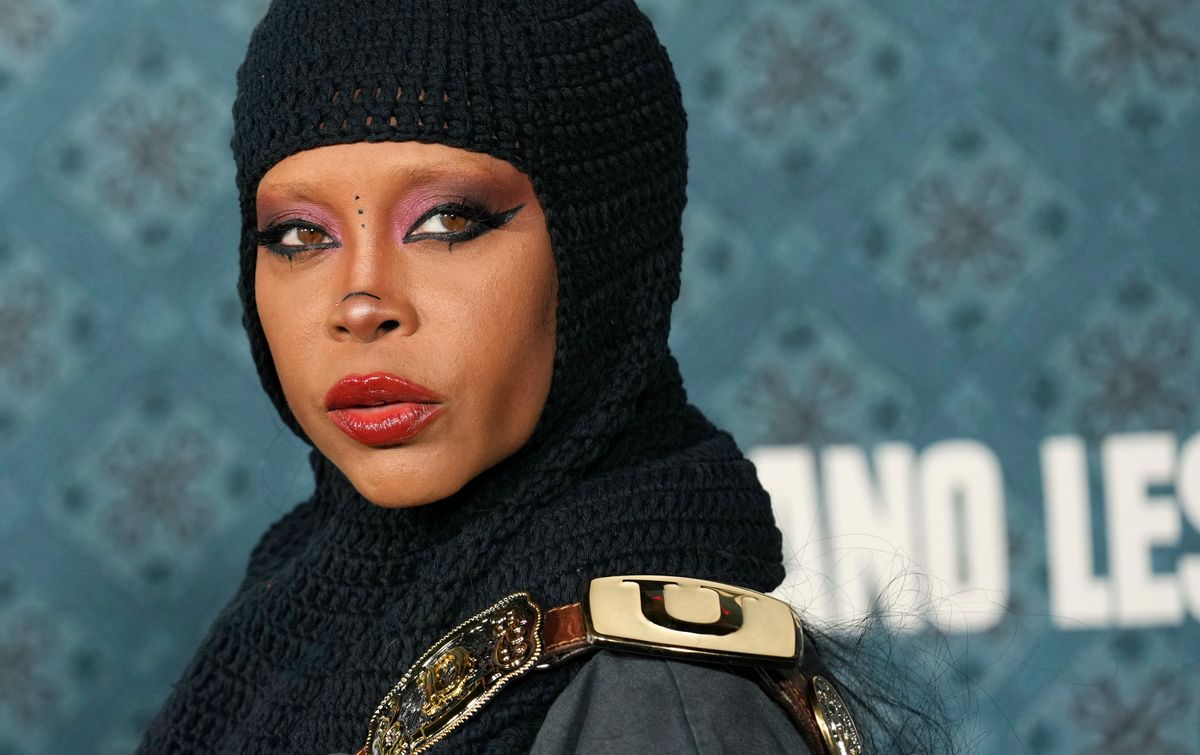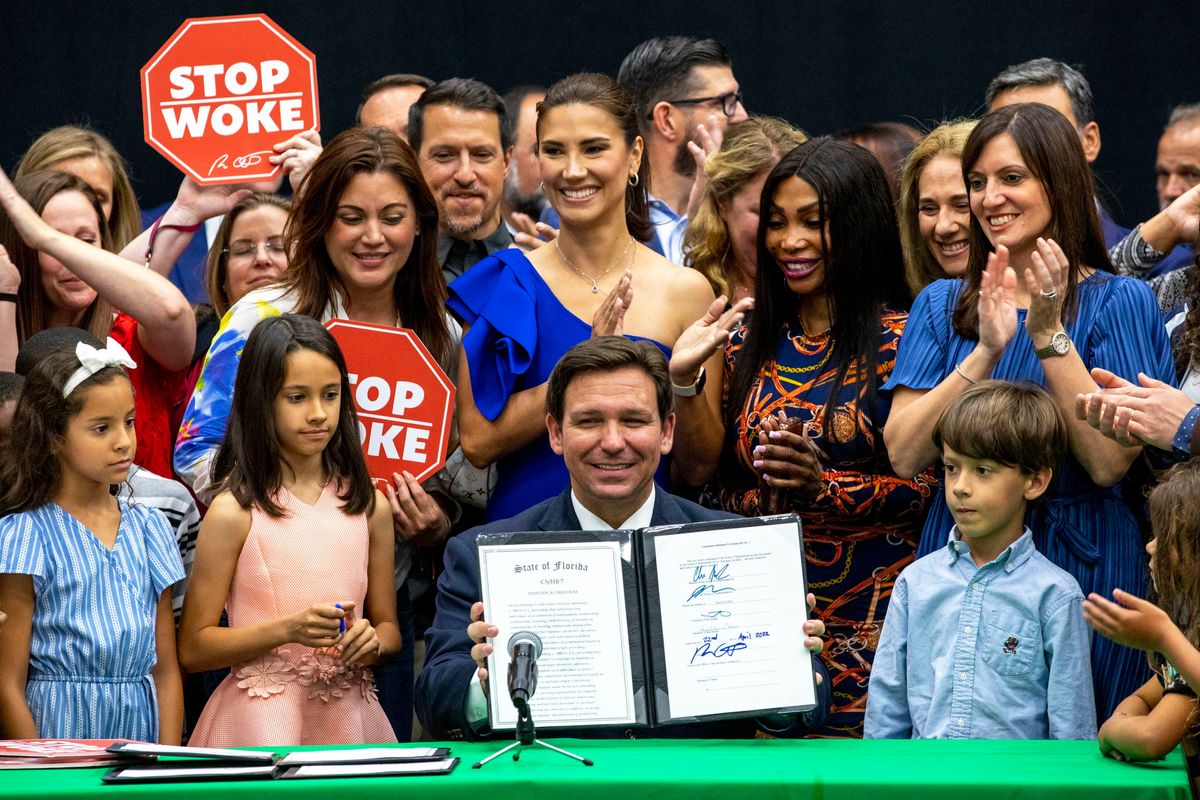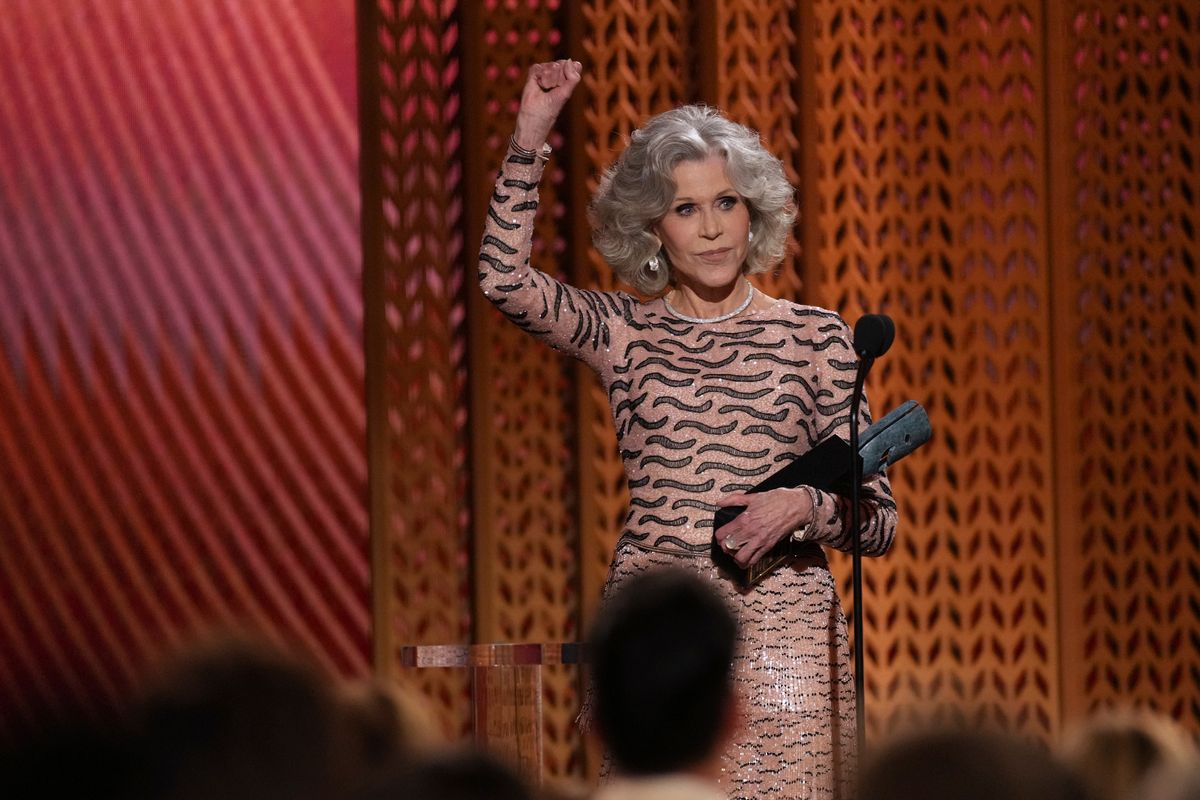The expression “stay woke” started out as an affirmation for African Americans.
In the past decade it has been used by some Republicans — and some Democrats — as a pejorative for people thought to be too “politically correct,” another term that took on negative connotations as it gained wider use.
“Woke” has come up in cultural and political firestorms. Eight months into his second term, President Donald Trump pledged to review content at the Smithsonian Institution for being “WOKE” and where “everything discussed is how horrible our Country is, how bad Slavery was.” At the beginning of this year, Texas Gov. Greg Abbott declared in his State of the State address that government would keep “woke agendas” out of universities and K-12 schools, including “woke gender ideologies.”
On Tuesday, Defense Secretary Pete Hegseth said he was ending the “woke” culture in the military, saying the service has been hamstrung by political correctness. He referenced diversity efforts, transgender troops, environmental policies and other disciplinary rules.
“America is no longer woke under President Trump’s leadership. The word ‘woke’ represents radical ideologies that are used (to) divide the American people and harm our country,” Liz Huston, a White House spokesperson, said in a statement.
Here’s where “woke” came from, and how its meaning has evolved:
The history of ‘woke’
“Wokeness” originated decades ago as African American cultural slang for having awareness and enlightenment around racism, injustice, privilege or threats of white supremacist violence.
Several historians trace the idea to a 1923 compilation of speeches and articles by Jamaican-born Black nationalist Marcus Garvey. In one essay, Garvey writes “Wake up Ethiopia! Wake up Africa!” Another reference appears in 1938 in the song, “Scottsboro Boys,” by blues artist Lead Belly, whose real name was Huddie Ledbetter. The tune follows the true story of four Black youths unjustly convicted by an all-white jury of the rape of two white women (they were later freed). The lyrics warn Black listeners to be careful and “stay woke. Keep your eyes open.”
Gerald McWorter, a professor emeritus of African American studies and of information sciences at University of Illinois Urbana-Champaign, says “woke” was about having a voice after hundreds of years of Black suffering going back to the African slave trade.
The phrase also popped up in a 1962 essay by novelist William Melvin Kelley for The New York Times. The headline — “If You’re Woke, You Dig It.” Kelley’s widow and daughter believe he heard the term while walking around their Harlem neighborhood, said Elijah Watson, a pop culture writer and editor who has written about Kelley, who died in 2017.
‘Woke’ reawakening
In the 21st century, singer-songwriter Erykah Badu is often credited with reviving the term “woke.” Her song “Master Teacher” on her 2008 album, “New Amerykah: Part One,” includes the refrain “I stay woke.” Badu picked up the phrase from co-writer and producer Georgia Anne Muldrow, who heard it from a saxophone player she collaborated with — Lakecia Benjamin.
The 2014 fatal shooting by a white police officer of 18-year-old Michael Brown — who was Black and unarmed — in Ferguson, Missouri, made “woke” and “stay woke” galvanizing pledges in the growing Black Lives Matter movement.
The movement drew support from other racial groups. “Woke” also became popularized by white liberals who wanted to show they were allies.
The war on woke
The backlash against “woke” and “wokeness” bubbled up in the 2010s, amid discussions about including more Black history in American history lessons. Many people said that bringing “critical race theory” to schools was meant to program children to feel guilty for being white.
This argument became front and center in 2022 when Florida Gov. Ron DeSantis signed the “Stop W.O.K.E. Act” into law. It banned teaching or business practices on race and gender. (The law is now on hold after a federal judge deemed it unconstitutional).
For George Pearson, a former chair of the Illinois Black Republican Coalition, “woke” is a hollow word.
Democratic politicians who purport to be “champions” of wokeness and DEI have done little for Black people, he said. So, “woke” has no sway as a rallying cry. He also thinks it’s unfair that those who do not support “woke-ism” are told “’you’re racist. You’re a homophobe. You’re a bigot.”
Even among liberal Black Americans, there is a debate whether the intention of “woke” does more harm than good.
Who says woke now?
In Watson’s experience, “woke” is no longer part of Black vernacular. If he hears it from anyone in his social circles, it’s almost always said “in jest.”
Some progressives are trying to take the word back. Academy Award-winning actor and activist Jane Fonda brought up being “woke” while receiving the Screen Actors Guild lifetime achievement award in front of an A-list audience.
“Make no mistake, empathy is not weak or woke. By the way, woke just means you give a damn about other people,” Fonda said.
Seena Hodges started her own business as a DEI strategist for individuals and groups in 2018 and called it The Woke Coach. She and her team consult on everything from workplace interactions to best recruiting practices. She touches on inclusion for groups from people of color to breastfeeding mothers.
The “bastardization” of “woke” and DEI as words akin to slurs doesn’t bother her, she said. To her, at its core being “woke” is about awareness.
“What it really boils down to is helping people develop a more acute level of emotional intelligence,” she said.
___
Associated Press writer Christopher Megerian in Washington contributed to this report.
By TERRY TANG
Associated Press

